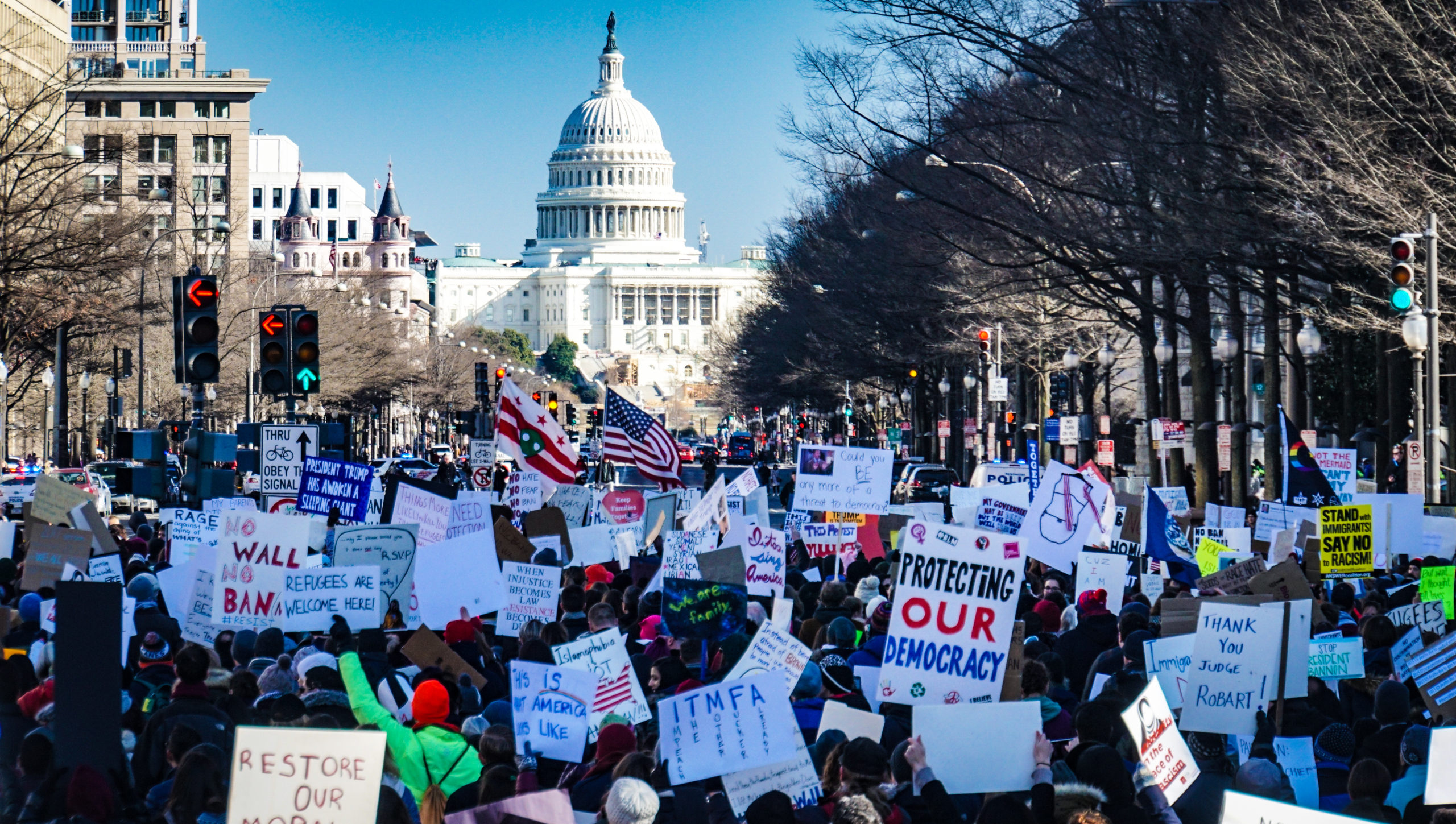Disenfranchisement of Prisoners in India: Representation or Repression of the People?
By Guest Writer Avanti Deshpande
Introduction
Free and fair elections underpinned by the universal adult franchise are undoubtedly the cornerstone of a democratic state in today’s standards. Yet, while most democratic countries acknowledge the importance of voting rights, voter suppression and voter disenfranchisement are not new problems and have long been plaguing democracies.
Indian law places a blanket ban on voting for all prisoners; i.e., not only convicts but under-trial prisoners whose innocence or guilt is yet to be proven conclusively in a court of law. With no exception, reasoning, or rationale being provided under law for denying prisoners the right to vote, this piece will attempt to critically engage with the issue of the disqualification of prisoners from voting in elections and argue that it is fundamentally unconstitutional and violative of the basic tenets of a democratic state.
Overview of the Present Legal Framework
The issue of the disenfranchisement of prisoners in India stems from Section 62(5) of the Representation of the People Act,...

